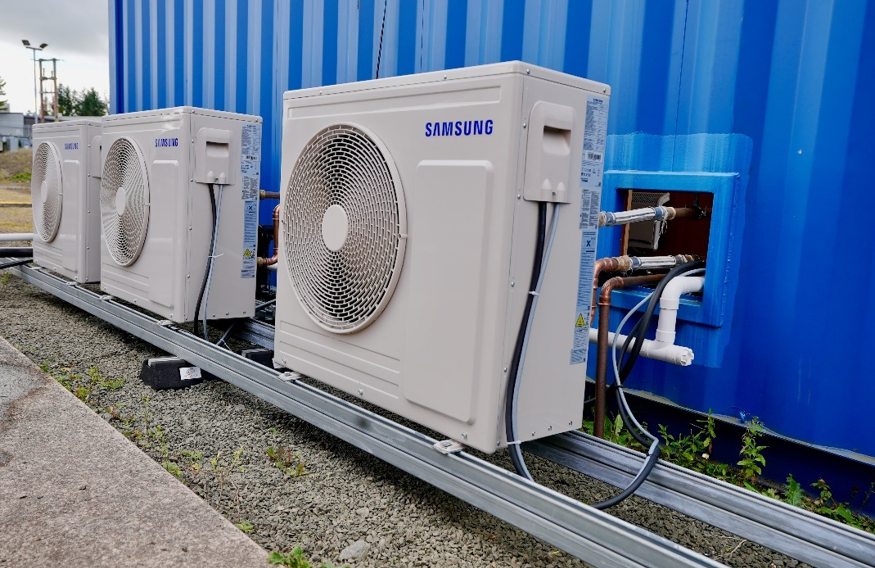Major shifts underway today will result in a considerably different global energy system by the end of this decade, according to the IEA’s new World Energy Outlook 2023.
The IEA sees that by 2030 there will be almost 10 times as many electric cars on the road worldwide; solar PV generating more electricity than the entire US power system does currently; renewables’ share of the global electricity mix nearing 50 per cent, up from around 30 per cent today; heat pumps and other electric heating systems outselling fossil fuel boilers globally; and three times as much investment going into new offshore wind projects than into new coal and gas fired power plants.
All of those increases are based only on the current policy settings of governments around the world. If countries deliver on their national energy and climate pledges on time and in full, clean energy progress would move even faster.
This combination of growing momentum behind clean energy technologies and structural economic shifts around the world has major implications for fossil fuels, with peaks in global demand for coal, oil and natural gas all visible this decade.
Renewables are set to contribute 80 per cent of new power generation capacity to 2030 under current policy settings, with solar alone accounting for more than half of this expansion. However, this scenario takes into account only a fraction of solar’s potential. By the end of the decade, the world is set to have manufacturing capacity for more than 1,200GW of solar panels per year, but it is projected to actually deploy only 500GW in 2030. If the world were to reach deployment of 800 GW of new solar PV capacity by the end of the decade, it would lead to a further 20 per cent reduction in coal-fired power generation in China in 2030 compared with a scenario based on today’s policy settings. Electricity generation from coal and natural gas across Latin America, Africa, Southeast Asia and the Middle East would be a quarter lower.
“The transition to clean energy is happening worldwide and it’s unstoppable. It’s not a question of ‘if’, it’s just a matter of ‘how soon’ – and the sooner the better for all of us,” said IEA executive director Fatih Birol. “Governments, companies and investors need to get behind clean energy transitions rather than hindering them. Every country needs to find its own pathway, but international cooperation is crucial for accelerating clean
© 2019 Perspective Publishing Privacy & Cookies







Recent Stories